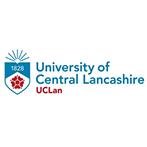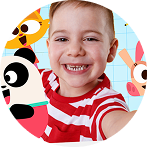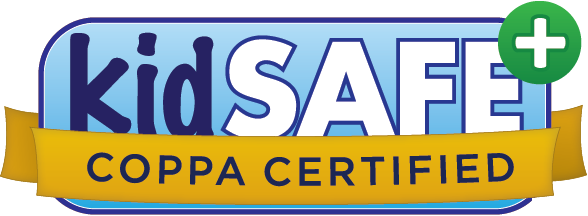Welcome to
Lingokids Research
Backed by top universities and independent experts, Lingokids is proven to have a real impact on early learning and child development.
Our science-based approach is helping shape brighter futures, one kid at a time.
Proof behind the play
In-depth efficacy studies and external independent research shows that Lingokids supports real learning for kids around the world.
This is the impact we’re making every day!
Improves literacy skills
Boosts vocabulary knowledge
Improves emotion recognition
Fosters a love of learning
Supports kids with autism
Enhances numeracy skills
What the
science says
Lingokids partners with top universities and education experts to study how kids learn best—highlighting the power and innovation behind our Playlearning™ method.

Learning Outcomes in 10 minutes
Lingokids helps 4-7 year-olds learn English words in 10 minutes, significantly improving vocabulary.

2025 Summer of Tech Report
New study by Lingokids reveals parents’ demand for safer, high-quality content and tailored summer screen time guidelines. With guilt-free learning in mind, Lingokids stands out as the go-to solution

Children’s Learning from Lingokids Plus and Basic Versions
A California study with UC Davis compared preschoolers using Freemium vs. Premium Lingokids. Both improved in literacy, numeracy, and emotional recognition, with the Premium group showing stronger gains.

“Summer of Tech” Study (2024)
New study from Lingokids reveals a surge in young children’s technology usage during the summer, with 66% of kids using learning apps to stay ahead academically.

“Can we use the iPads?” Using Lingokids in the Classroom
UCLan and Lingokids tested the app with UK preschoolers.
Compared to other methods, children ages 3–5 showed literacy and vocabulary gains over six weeks.

A study with Universidad Iberoamericana showed the Lingokids app boosts English vocabulary and motivation in children aged 4–6.

Literacy Improvement Efficacy Study: USA
A California Kindergarten study using pre/post tests found the Lingokids app improved young children’s literacy skills compared with a control group.

Review and Analysis of Lingokids Content for Children with Autism
Lingokids offers learning experiences that support children with autism in developing theory of mind, social communication, interaction, and executive-function skills.

How to Ensure
Quality, Safe and Educational Screen Time
A 2023 Lingokids study identifies parents’ screen-time concerns for ages 2–8 and shares expert advice on ensuring screen use is healthy, educational, and high-quality.

This study shows the pandemic increased parents’ valuing of e-learning, educational apps, and soft-skills development over traditional subjects.

Vocabulary Acquisition with the Lingokids App. Case Study
Preschoolers who played the “Shake-It Forest” game for under four minutes a day over five days showed a 40% average vocabulary increase, with 93.75% improving.
Independent research

Use of ‘Lingokids’ Online Game Media for Introducing English Vocabulary to Kindergarten Students
Researchers found Lingokids improves young children’s English and social skills and fosters positive attitudes toward learning.

Gamification for Early Childhood Using Lingokids
Research shows Lingokids supports English mastery and keeps children engaged through gamified early-childhood learning.

Improving Children’s English Skills by Using the Lingokids App
Researchers found Lingokids improves children’s English skills and confirms learning through play is an effective teaching method.

An Interactive Design Framework for Children’s Apps for Enhancing Emotional Experience
A study rated Lingokids highly for emotional design and positive emotional impact when evaluating children’s apps.

Analysis of the Lingokids Application for Teaching English as a Foreign Language to Children
This report shows how Lingokids strengthens children’s English, especially comprehension and pronunciation, using Playlearning™ and gamification.

The Use of Digital Tools to Improve English Learning in Schools
A dissertation highlights how digital tools enhance English learning and cites Lingokids as a strong example of effective gamified instruction.








